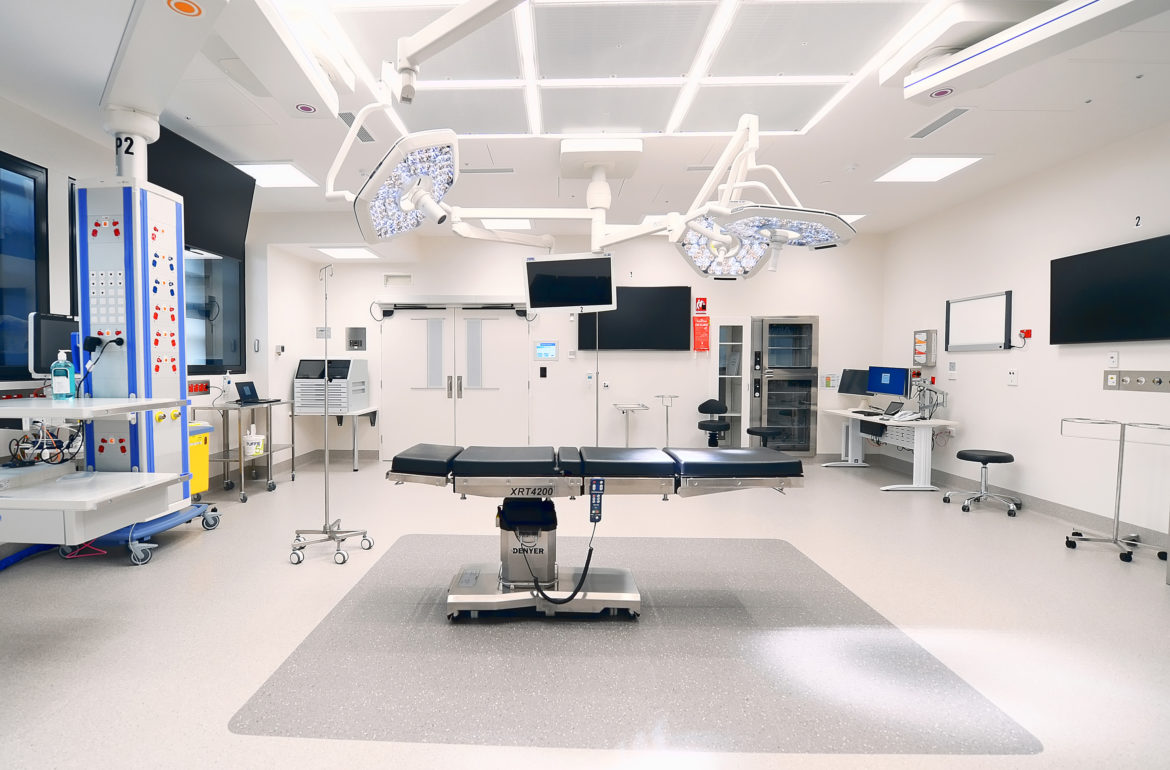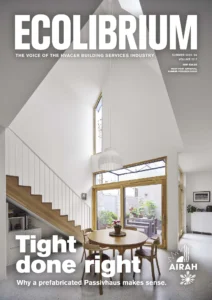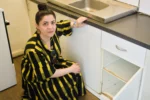Standard operating procedure

AIRAH’s Infection Control and Operating Theatre Practices Special Technical Group is taking a close look at hospital air quality guidelines.
AIRAH’s Infection Control and Operating Theatre Practices STG is now embarking on a major project to review hospital air quality guidelines across the country. Because guidelines vary across jurisdictions, patients can have markedly different clinical outcomes depending on where they live. The STG is working to ensure all Australians have access to the same high level of hospital care, no matter their state or territory.
Graeme Perry, Affil.AIRAH, co-chair of the STG’s committee and director of SGP Group, talked with Ecolibrium about the STG’s plans for improving healthcare for all Australian patients.
Ecolibrium: The STG is reviewing hospital guidelines across the country. What issue are you addressing, and why it is so important?
Graeme Perry: In my specialty of accredited certification, pharmaceutical facilities are licensed, and manufacture to strict standards. These standards define a performance requirement, are tied to
an accredited test method, and are fully documented as a standard operating procedure. All of this equates to quality.
Operating theatre infection control compliance is managed under state‑based guidelines that define performance criteria, with no reference to any relevant accredited test procedures. This leads to the adoption of inferior testing procedures, compromising patients’ wellbeing. I wanted to make a change to ensure the same level of quality that is put into a drug goes into setting up an operating theatre.
In my business role, I work closely with several healthcare facilities implementing a standard operating procedure that has proven to be very successful. Our challenge as an STG is to develop a guideline that will be accepted by all states. We want this to be the go-to guide for best practice that sits on the desks of infection control managers, maintenance engineers, and contractors.
The group has undergone something of a reboot over the past year – can you tell us about that?
GP: Our STG has the best of best, and I was extremely excited to be given the opportunity to chair the STG and continue the vision of (co‑chair) Abraham Corona. Our end goal is to develop a guideline that explains why we need to achieve the best outcomes in healthcare mechanical services and infection control.
We have developed strong relationships across Australia with engineers, suppliers, contractors, and healthcare facilities. This has allowed us to recruit new talent; for example, we’re excited that a number of Perth’s leading consultants have recently joined our committee.
Operating theatre infection control compliance is managed under state‑based guidelines … with no reference to any relevant accredited test procedures
We understand you are looking for people to get involved in this vital work. What kinds of skillsets are you looking for, and what would people be expected to do?
GP: Our STG is an amazing group of passionate, respectful individuals who all share the same objective, and we are looking for like-minded people with experience in healthcare, infection control and engineering willing to give up their time to help make a change. We’re currently on a recruitment drive for graduate mechanical engineers to assist our design committee in reviewing and reporting on applicable Australian guidelines and international standards.
Australia has committed billions of dollars to new hospital projects and upgrades of our existing facilities across Australia, so if you think you can make a change or contribute, please reach out.
Everyone in the committee understands how precious time is and not all members can make each meeting; our expectations are to commit and contribute as much as possible and put your best foot forward.
Get involved
If you’d like to join the Infection Control and Operating Theatre Practices STG, contact [email protected] or reach out directly to Graeme Perry at [email protected]

This article appears in Ecolibrium’s Summer 2023-24 edition
View the archive of previous editions
Latest edition
See everything from the latest edition of Ecolibrium, AIRAH’s official journal.




